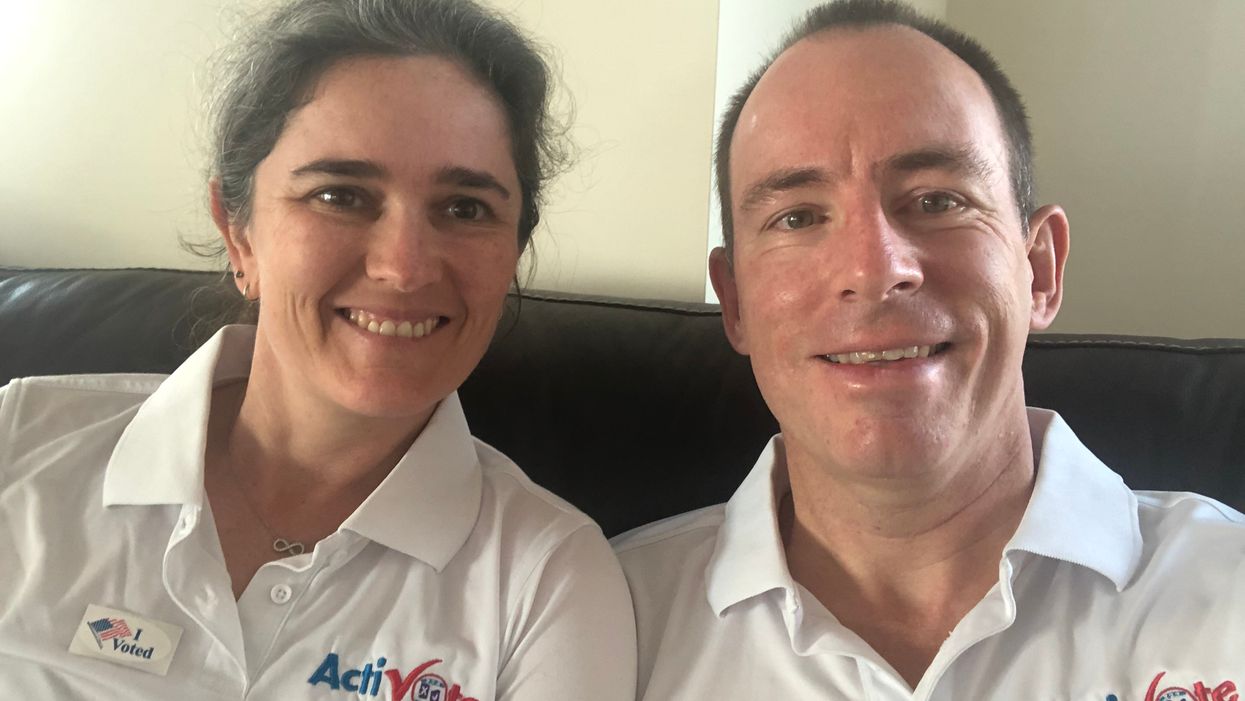In recent years, more and more technology experts have been developing new tools for boosting civic engagement. Sara Gifford embodies the trend. At the end of 2018 she set aside her budding tech career — after a decade at supply-chain software firm Quintiq she'd become chief operating officer for Dispatch, which makes software connecting home-service brands with contractors and clients — and co-founded ActiVote Inc. Its free app aims to increase political participation by giving voters access to information about candidates and elections, as well as encouraging their civic engagement. Her answers have been edited for clarity and length.
What's the tweet-length description of your organization?
We are a safe, nonpartisan space for voters to learn about their elections, the races, how to vote and which candidates believe what they believe. An informed voter feels empowered. And an empowered voter shows up to vote.
Describe your very first civic engagement.
My parents voted at our elementary school in rural Connecticut and would take my sisters and me to the polls with them. I remember not being allowed into my classroom until my parents voted. When I whined and complained, they would tell me there is nothing more important than voting and not to take school — or democracy — for granted.
What was your biggest professional triumph?
When you build something the question is always: But does it work? Well, last month we finished a study showing that downloading our app increases your chance of voting 33 percent. This was very encouraging for us. More importantly it should be encouraging to everyone else in this space. It means there are new and innovative ways to get people to the polls.
And your most disappointing setback?
There is an old saying, "It can take years and years of hard work to become an overnight success." We are working hard for our overnight success to come! But, no worries: See the answer to the question below about advice.
How does your identity influence the way you go about your work?
I have heart. I am relentless. I am dedicated. I take all of those values and apply them to life and to our work increasing voter participation, because it takes all of those things to maintain our democracy.
What's the best advice you've ever been given?
Vince Lombardi said, "Winning isn't everything, but wanting to win is." We may not always be as successful or as fast as we would like, but the one thing we can control is our endless drive to want to do good and to work hard to get there.
Create a new flavor for Ben & Jerry's.
Vote Ready: Strawberry and vanilla ice cream with blue sprinkles built on top of chocolate brownies.
What's your favorite political movie or TV show?
"The West Wing," which ran from 1999 to 2006 on NBC and is now available on Netflix.
What's the last thing you do on your phone at night?
Set up my white noise app so that I sleep like a baby.
What is your deepest, darkest secret?
As a kid I once hid the last piece to a puzzle my little sister and I were doing, knowing it would drive her crazy. But when it came down to finishing the puzzle I couldn't remember where I hid it. Still have never told her!




















Trump & Hegseth gave Mark Kelly a huge 2028 gift